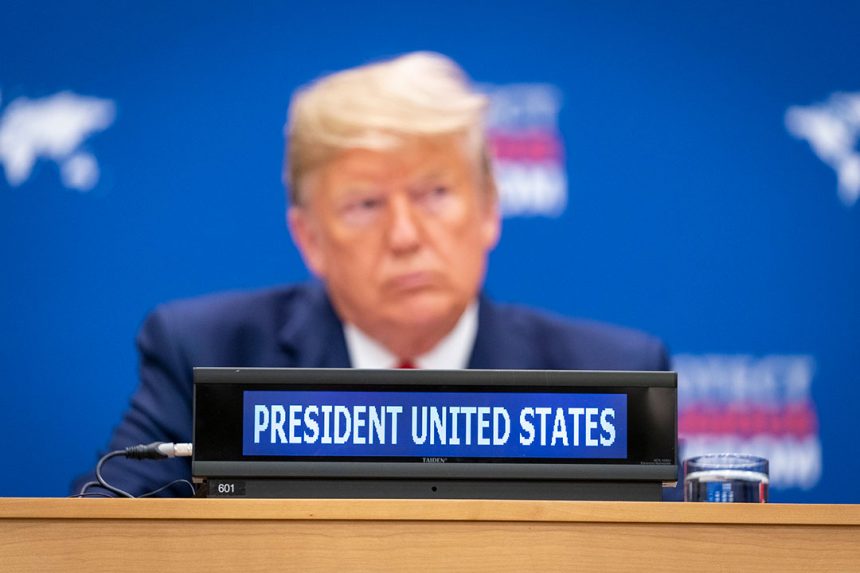Trump Hits Indonesia with 19% Tariff
President Trump confirmed a new “reciprocal” trade deal with Indonesia on July 15, 2025, setting a 19% tariff on Indonesian exports to the United States—significantly lower than the previously threatened 32%—while U.S. products gain tariff-free access to Indonesia.
Massive U.S. Purchases Part of the Deal
In exchange, Indonesia has pledged substantial purchases from American industries, including:
- 50 Boeing jets
- $15 billion in U.S. energy products
- $4.5 billion in U.S. agricultural goods
These purchase commitments aim to help offset the trade deficit and are part of an effort to balance trade and support U.S. manufacturing.
A Diplomatic Bargain: “Extraordinary Struggle”
Jakarta described the negotiation process as an “extraordinary struggle”, with Indonesian President Prabowo Subianto playing a direct role alongside his U.S. counterpart. The agreement is one of the few secured before Trump’s.
Economic Ripples Across Indonesia
Indonesia’s central bank capitalized on the deal, becoming a catalyst—prompting a 25‑basis‑point rate cut to 5.25% amid weakening global trade Reuters. The Jakarta stock market rose on the announcement, reflecting investor optimism around export stability and increased U.S. demand.
Trump’s Broader Tariff Strategy
The deal is part of Trump’s expansive “reciprocal tariffs” policy, under which he’s issued letters to over 20 trade partners—threatening tariffs ranging from 20% to 50% on imports including drugs, semiconductors, and copper. Several nations, including Indonesia, Vietnam, and the UK, have reached similar preliminary arrangements.
Reactions and Risks
- Analysts described the 19% tariff as a compromise: “19% is better than 32%” for Indonesia, though some non-oil exports may suffer while energy and agriculture benefit.
- The EU responded by preparing retaliatory tariffs worth billions on U.S. goods if further U.S.-EU negotiations stall Barron’s.
- U.S. inflation concerns resurfaced, with rising prices in some sectors attributed to prior tariffs .
What Comes Next
- Tariff rollout: Implementation details and schedule have yet to be settled.
- Global ripple effects: Other nations may use the Indonesia deal as leverage in ongoing trade talks with Washington.
- Domestic policy impact: The deal feeds into the political calendar ahead of the 2025 U.S. presidential election, showing trade deal progress.
Final Take
The U.S.-Indonesia trade agreement signals a strategic use of tariffs—blended with purchase agreements—to reshape global trade balances. While offering some clarity and economic uplift, it also injects uncertainty into diplomatic relations, global markets, and inflation paths worldwide.











